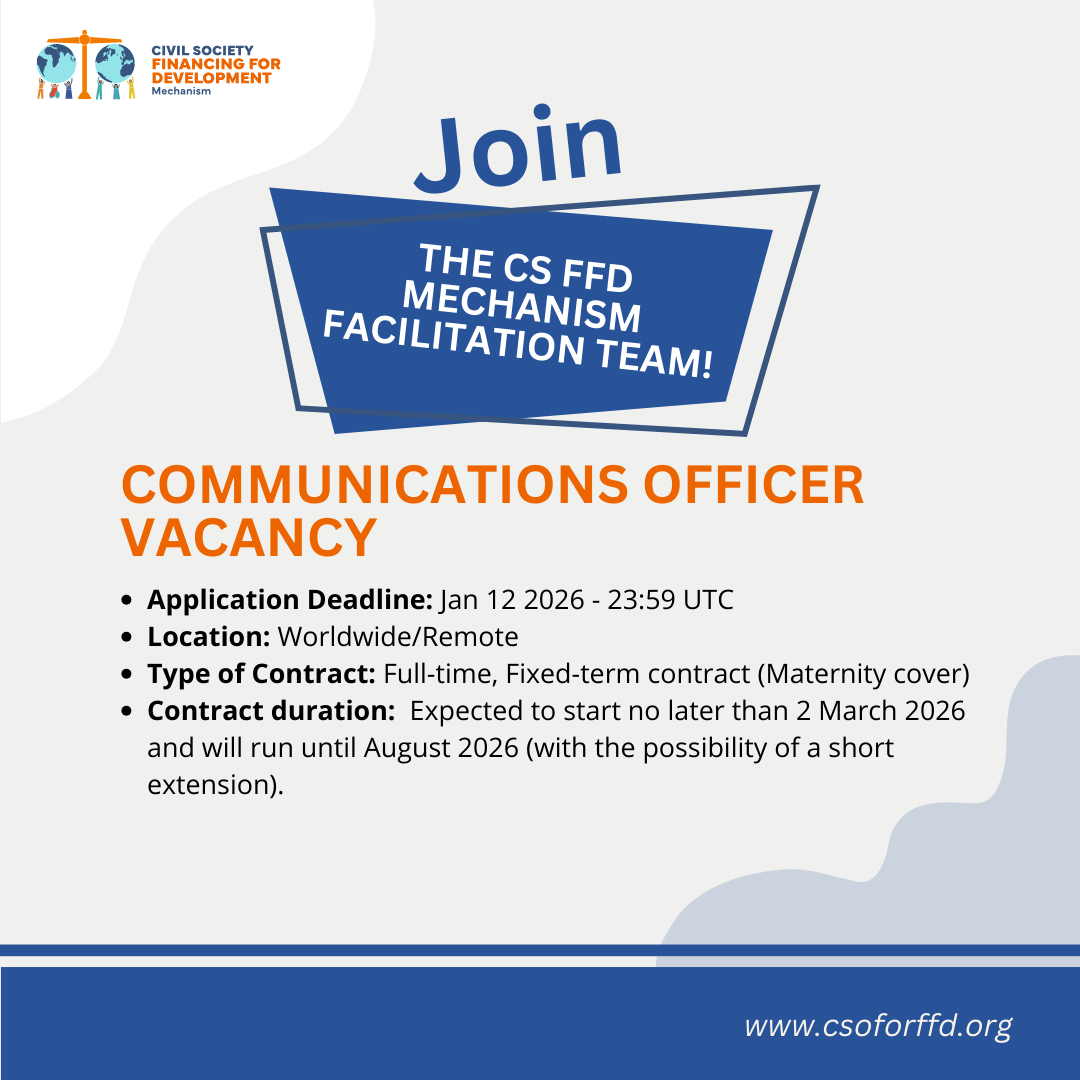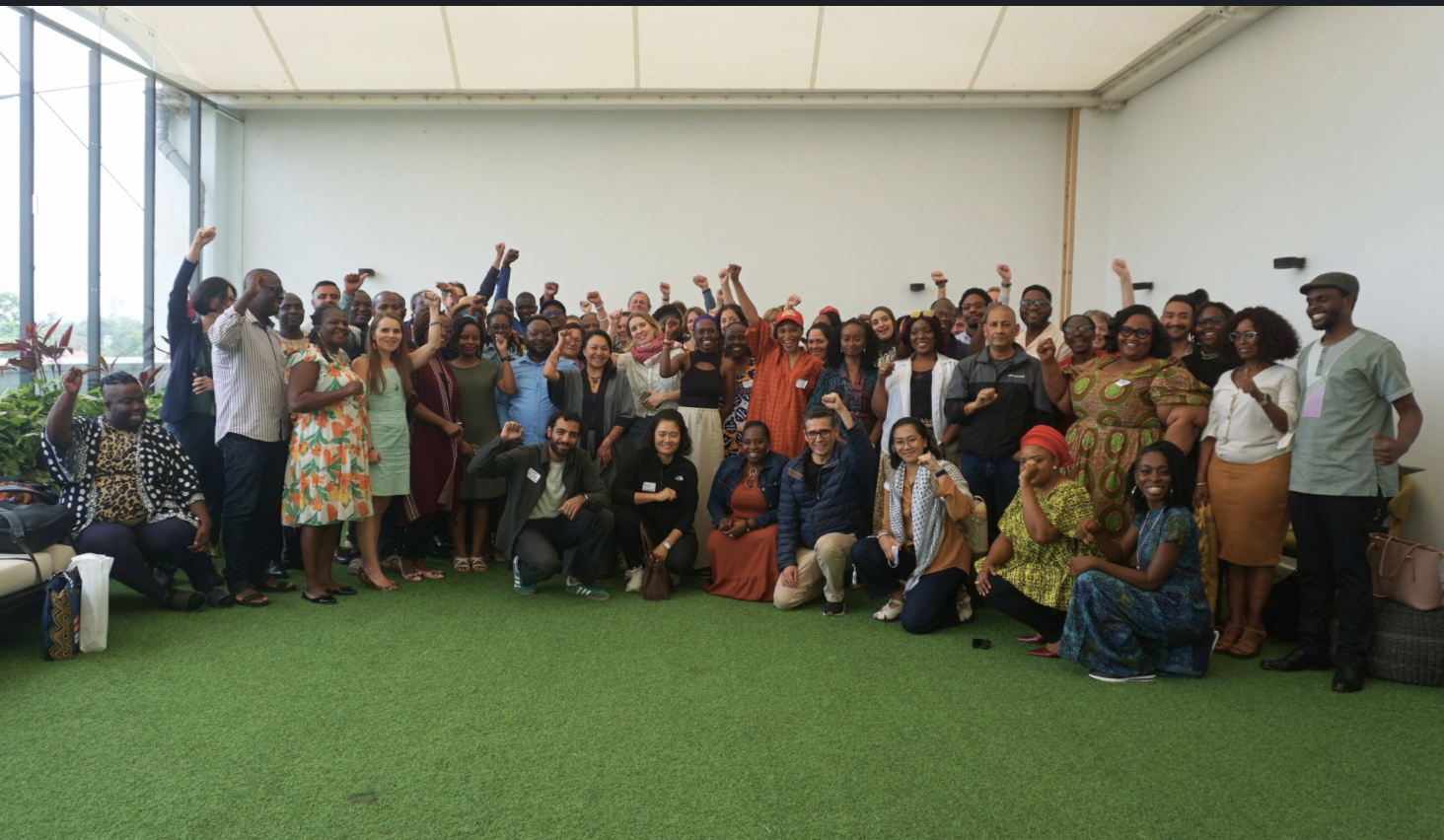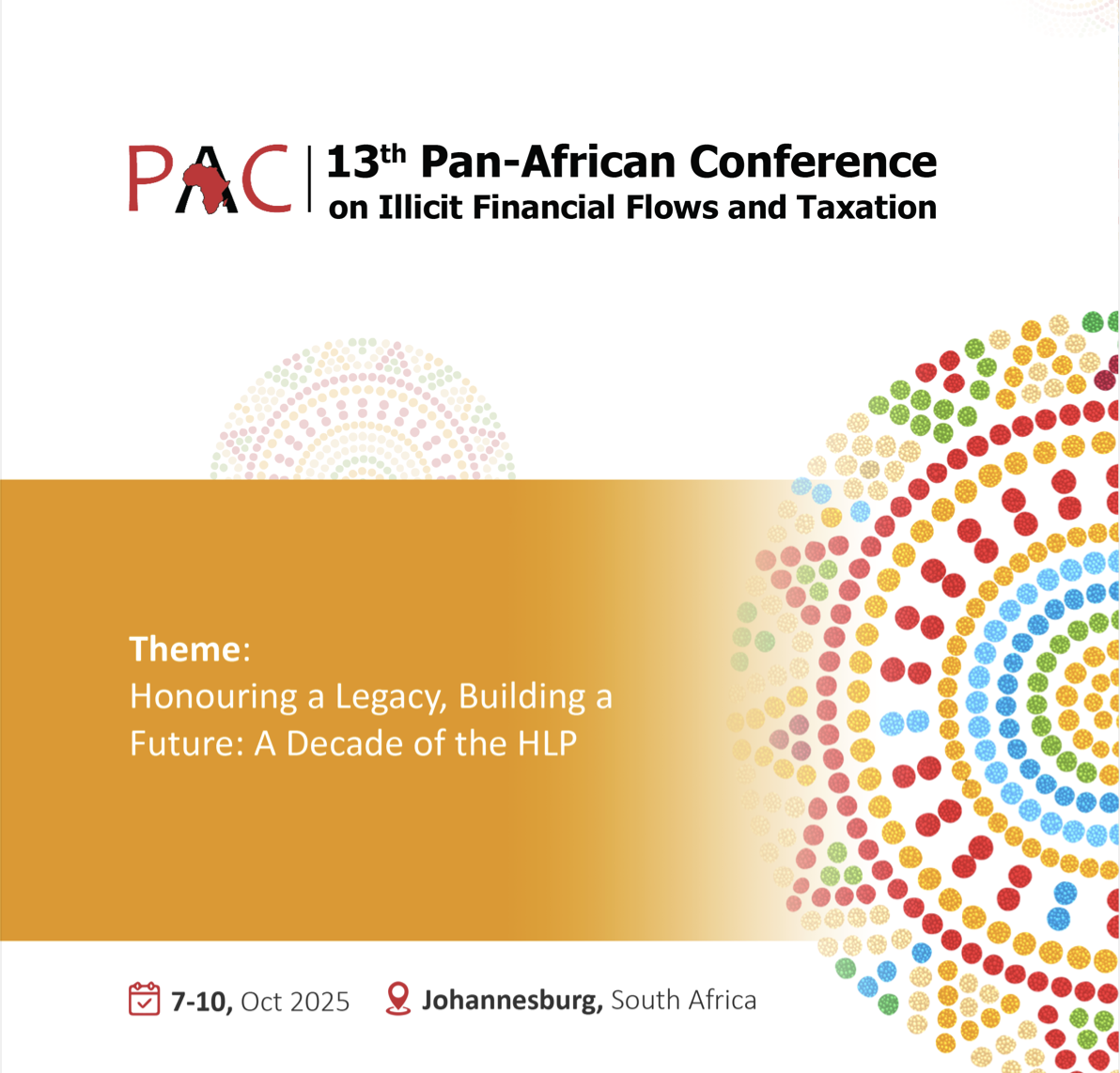
We do need trillions to achieve the SDGs
Civil Society activists critique first week of deliberations at High Level Political Forum on Sustainable Development
New York City, 14 July 2017: With the first week of deliberations at the 2017 High-level Political Forum on Sustainable Development coming to a close this Friday at the UN in New York, civil society activists are criticizing a piecemeal approach to the implementation of the 2030 Agenda for Sustainable Development. Especially worrisome to activists is a growing gap between aspirational goals and a lack of proper and comprehensive means of implementation.
On many occasions – during side-events as well as in official sessions – civil society experts pointed out that relying on financial means alone to implement the SDGs represented a reductionist view. “It is important to question whether ‘trillions’ are really needed to achieve the goals. More fundamental are the policy and regulatory challenges,” explained Stefano Prato, Managing Director at Society for International Development.
Rather than looking for ever-new financial products to pay for ‘sustainable investments’, he added, there was the need to challenge production models, with their “externalities” and ossification of gender inequalities in the division of labor. Furthermore, the excessive focus on national level implementation – with the subliminal message that implementation primarily was a job for developing countries – diverted attention away from international economic, environmental and political circumstances. These central pillars in means of implementation for the SDGs continue to restrain the policy and fiscal space of developing countries and provide structural obstacles to their development efforts.
Chee Yoke Ling, Director of Programmes at Third World Network, reiterated: “The HLPF should not just be a space for presenting ever-new schemes for how to funnel money into the place perceived to be the right one”. She added: “Rather, the Forum should give space to a debate around what normative framework is needed to create the necessary policy and political space for countries, particularly in the global South. Only in this way will the renewed global Partnership be able to avoid PPPs increasing costs and worsening inequalities, or trade rules that impede the abilities of smallholder farmers to produce food locally.”
“The rates of return promised on some of the proposed ‘innovative’ financing mechanisms just don’t make any sense. In fact, rather than showing sensible ways of tapping into much needed long-term financing instruments, the suggested ‘bundling’ of risky loans into AAA packages to be sold to pension funds reminds me of practices that are proven to have led us into the latest global financial crisis.”
Rosa Pavanelli, General Secretary of Public Services International, argues along the same lines: “Policy coherence, regulations, transparency and public investment should be the priorities for governments, through strong governance inspired by a democratic participatory process. To serve the purpose of the 2030 Agenda, the contradiction between the need for rights-based social inclusion and the current profit-oriented economic model needs to be solved.”
Commenting on one of the models presented as the new ‘north star’ of financing, PPPs in infrastructure, Roberto Bissio, Coordinator of global CSO network Social Watch, explains: “It is only logical that corruption might be embedded in these models, for example in PPPs. When a private firm leverages public money to raise private money and only has one possible client – government – the temptation to influence that client might be too high.”
Activists did not simply criticize the dominating narrative at the HLPF. They also presented alternatives in a comprehensive report, “Spotlight on Sustainable Development 2017”. This report is published by the Arab NGO Network for Development (ANND), the Center for Economic and Social Rights (CESR), Development Alternatives with Women for a New Era (DAWN), Global Policy Forum (GPF), Public Services International (PSI), Social Watch, Society for International Development (SID), and Third World Network (TWN), supported by the Friedrich Ebert Foundation. It provides a very detailed and in depth, independent assessment of the implementation of the 2030 Agenda and its Sustainable Development Goals (SDGs).
For more information on the Spotlight Report, see www.2030spotlight.org
Spotlight on Sustainable Development 2017: Reclaiming Policies for the public. Privatization, partnership, corporate and their impact on sustainability and inequality - assessments and alternatives.
Report of the Reflection Group on the 2030 Agenda for Sustainable Development.
Beirut/Bonn/Ferney-Voltaire/Montevideo/New York/Penang/Rome/Suva, July 2017
www.2030spotlight.org #SpotlightSDGs
Related Updates


